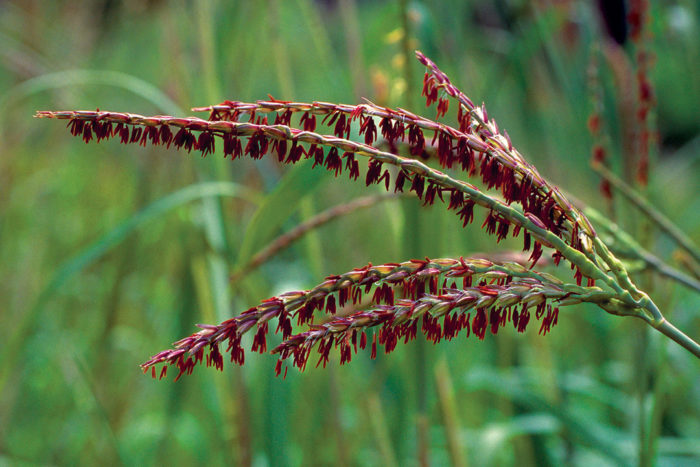
Normally, I love it when there’s nothing I can do. That means I can focus on my crossword puzzles or watch Buffy, the Vampire Slayer without my conscience (or my wife) nagging me about what I should be doing. But when there’s increasingly erratic weather—make that climate—I can’t just sit back and eat popcorn with the confidence that our hero will solve everything before the episode is over.
Here is what I am used to: In spring, it rains and the temperatures gradually rise. I water seedlings only occasionally, and I might have to protect some plants from a cold evening. In summer, rain can be relatively scarce, but my rain barrel is full from spring, and thunderstorms roll through regularly enough to provide a bit of relief. In September, rains return and temperatures gradually fall, so I can divide plants and get a jump on spring. By Halloween, there has been a killing frost, but it isn’t so cold you have to wear a coat over your costume. It isn’t too cold to play football on Thanksgiving, but it is on Christmas. By February, I can think about pruning but can procrastinate for another month or so.
Lately, I don’t know what is going on. I’m not surprised if I need to water my entire garden in April and May but not even need to think about it in July and August. In fall, temperatures may dip below freezing for a night, then climb back into the upper 30s for the next eight weeks. How is a plant, or a gardener for that matter, supposed to prepare for dormancy? I have spent a recent Christmas Eve digging up and moving plants around the garden. That is when I should be eating elaborately decorated cookies on the couch while watching to see if Rudolph and Yukon Cornelius save the day again this year.
Bert Cregg offers us some things we can do to help deal with what is happening to our climate and how we can keep from adding to the problem in Gardening in a Changing Climate. Many of his suggestions I already do: cutting back on fertilizer and gas tools, increasing the mulch, for example. I wasn’t doing these things because of climate change, but knowing that they are helping to minimize my impact on the environment gives me a small sense of pride. Sometimes it feels good to not do nothing.
Steve Aitken, editor
More articles for gardening in a changing climate:
Dealing with Excessive Rain in the Garden
10 Ways to Keep Your Garden Healthy
Manage Pests Sustainably with IPM




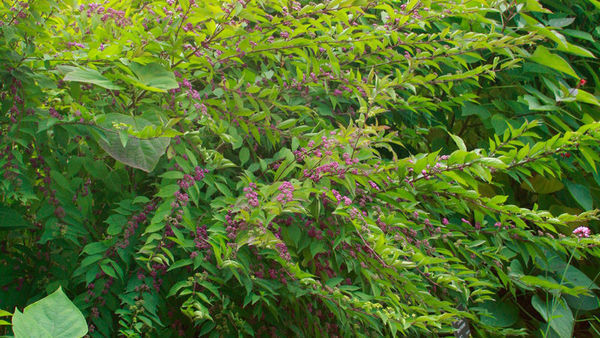

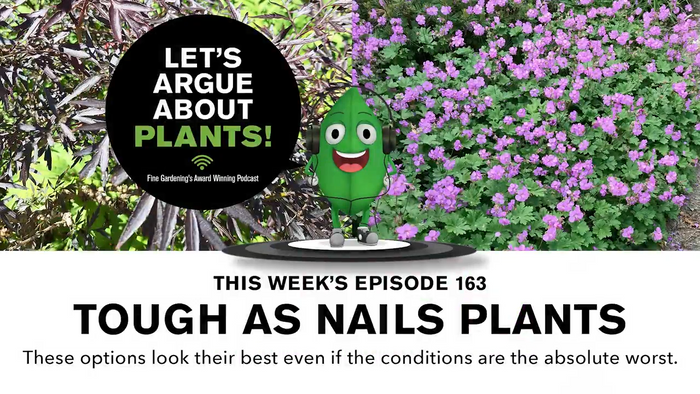
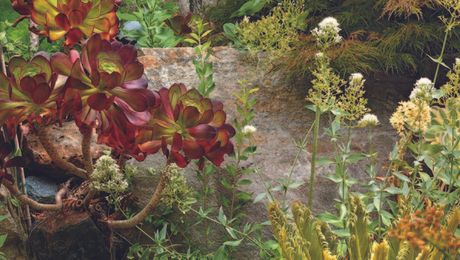
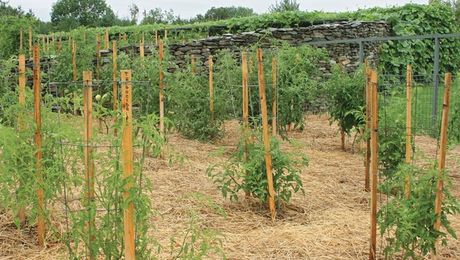









Comments
Log in or create an account to post a comment.
Sign up Log in